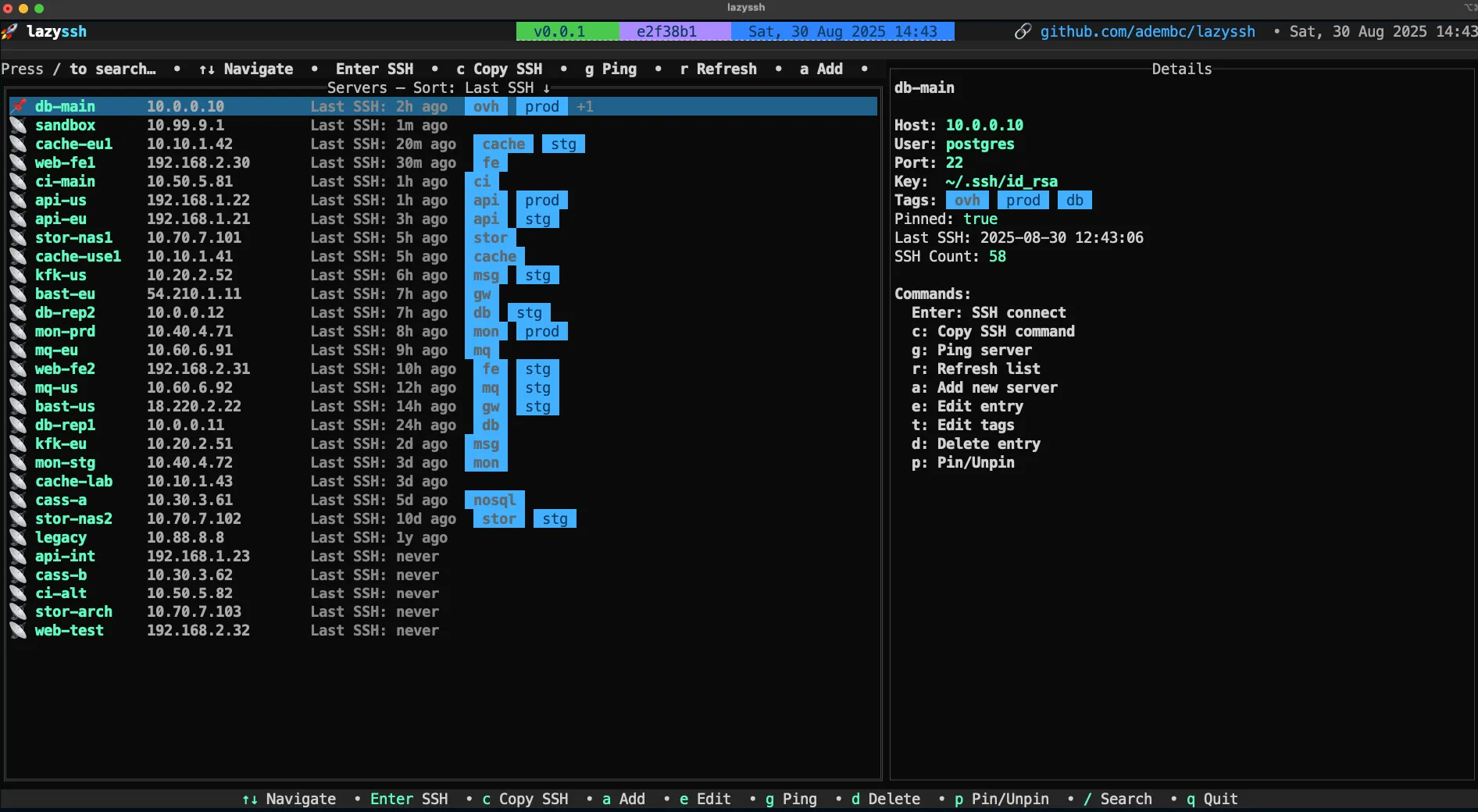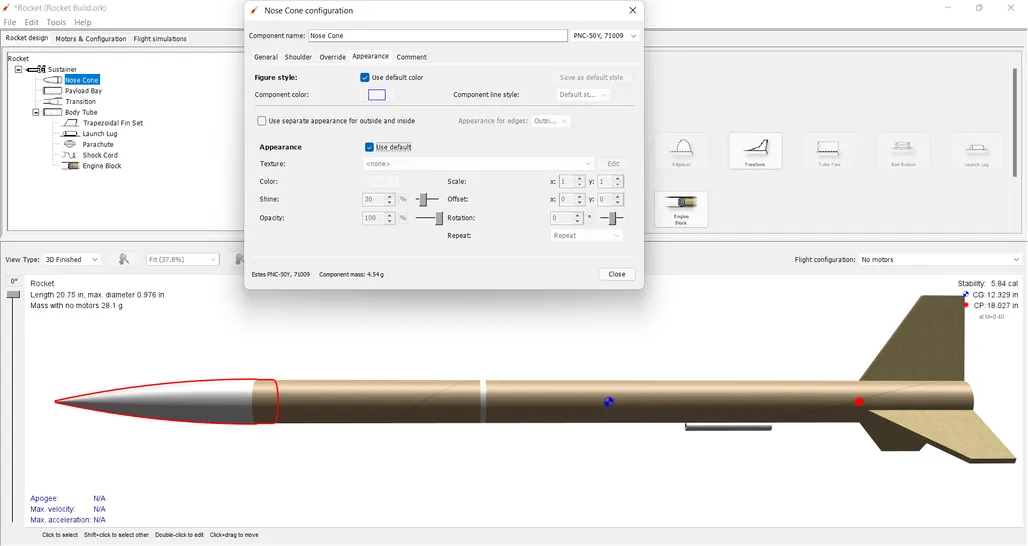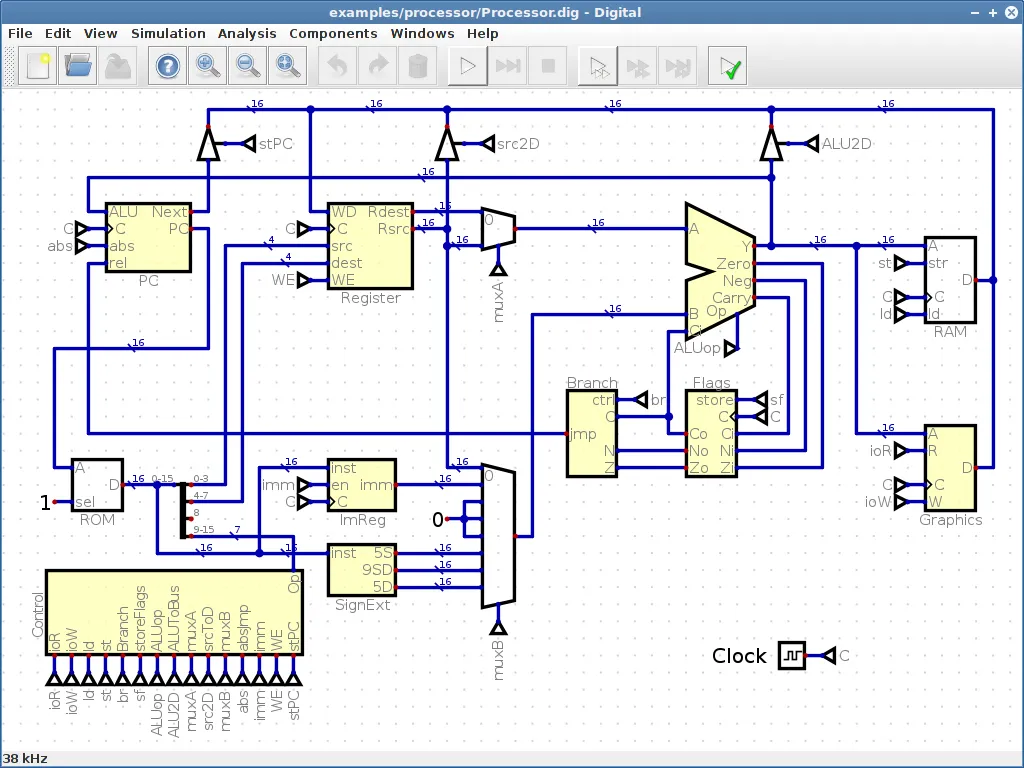Celebrating FreeBSD Day: A Journey Through 31 Years of Open Source Excellence
Mark your calendars and get ready for an extraordinary celebration as we embark on a week-long tribute to one of the most resilient and respected operating systems in the world—FreeBSD! From June 19th, we will kick off FreeBSD Week, culminating in the grand celebration of FreeBSD Day. This year, we’re not just commemorating another year of innovation and community; we’re celebrating 31 years of FreeBSD’s unwavering commitment to excellence, security, and open-source principles.
The Origin Story: A Glimpse into FreeBSD’s Beginnings
FreeBSD’s roots trace back to the University of California, Berkeley, where the Berkeley Software Distribution (BSD) project was developed in the late 1970s. Initially a series of patches and enhancements to the original UNIX operating system, BSD evolved into a complete and robust operating system in its own right. The project’s pioneering work laid the foundation for many of the advanced features we associate with UNIX systems today.
The journey of FreeBSD itself began in 1993 when a group of dedicated developers decided to create a free and open-source version of BSD. This initiative came at a time when the UNIX landscape was fragmented, with many proprietary versions of UNIX competing for market share. The FreeBSD Project aimed to provide a unified, reliable, and accessible UNIX-like operating system that anyone could use, modify, and distribute.
From its inception, FreeBSD was designed with a focus on performance, security, and flexibility. The project’s commitment to these principles quickly earned it a reputation as a powerful and dependable operating system suitable for a wide range of applications, from servers and desktops to embedded systems.
Evolution and Milestones: FreeBSD’s Development Over the Years
Over the past three decades, FreeBSD has undergone significant development, introducing numerous features and improvements that have solidified its position as a leader in the open-source community. Let’s take a closer look at some of the key milestones in FreeBSD’s history:
The Early Years: Establishing the Foundation
- 1993: The first official release, FreeBSD 1.0, was introduced. This initial version laid the groundwork for the project’s future development, offering a stable and feature-rich UNIX-like operating system.
- 1994-1996: Subsequent releases, including FreeBSD 2.0 and 2.1, brought significant performance enhancements and new features, such as improved networking capabilities and the introduction of the Ports Collection, a package management system that simplified software installation and management.
Growth and Maturity: Building on Success
- 1997-1999: FreeBSD 3.0 marked a major milestone with the introduction of the GEOM framework for modular disk I/O request transformation, further enhancing the system’s flexibility and performance. This period also saw improvements in SMP (Symmetric Multiprocessing) support, making FreeBSD a viable option for multi-processor systems.
- 2000-2004: FreeBSD 4.x series gained widespread acclaim for its stability and performance, becoming a popular choice for web hosting, ISPs, and other enterprise applications. The introduction of the Advanced Package Tool (APT) and enhanced security features, such as the FreeBSD Secure Levels, further cemented its reputation.
Modern Era: Innovations and Expansions
- 2005-2008: The release of FreeBSD 6.x brought significant advancements in network stack performance, storage systems, and virtualization support with the inclusion of Jails, a lightweight virtualization mechanism that allowed administrators to partition the system into multiple independent mini-systems.
- 2009-2013: FreeBSD 8.x and 9.x series introduced features like the ZFS file system, DTrace (Dynamic Tracing Framework), and the highly scalable and flexible GEOM storage framework. These releases also saw improvements in performance and hardware support, making FreeBSD a preferred choice for high-performance computing environments.
Recent Developments: Keeping Pace with Technology
- 2014-2019: The FreeBSD 10.x and 11.x series continued to build on the project’s legacy of innovation, introducing support for modern hardware architectures, enhanced security features, and improvements in network performance and scalability.
- 2020-Present: The latest releases, including FreeBSD 12.x and 13.x, have focused on maintaining the system’s reliability and performance while integrating cutting-edge technologies such as support for the ARM architecture, enhanced virtualization capabilities, and improved system administration tools.
The FreeBSD Community: A Collaborative Effort
One of the key factors behind FreeBSD’s success is its vibrant and dedicated community. The FreeBSD Project is a collaborative effort involving thousands of contributors from around the world, including developers, system administrators, and users who share a passion for open-source software and a commitment to excellence.
The FreeBSD Foundation
The FreeBSD Foundation, a non-profit organization established in 2000, plays a crucial role in supporting the project. The foundation provides funding for development, organizes events, and promotes the use of FreeBSD through outreach and advocacy. By fostering a strong and supportive community, the FreeBSD Foundation ensures that the project remains vibrant and sustainable.
Contributions and Collaborations
The open-source nature of FreeBSD encourages collaboration and contributions from a diverse group of individuals and organizations. Developers from various backgrounds contribute code, documentation, and other resources, while users provide valuable feedback and support. This collaborative approach has led to the creation of a highly reliable and feature-rich operating system that meets the needs of a wide range of users.
Events and Conferences
The FreeBSD community regularly organizes events and conferences to bring together developers, users, and enthusiasts. These events provide opportunities for networking, knowledge sharing, and collaboration. Some of the notable events include the FreeBSD Developer Summit, BSDCan, and EuroBSDCon. These gatherings not only strengthen the community but also foster innovation and the exchange of ideas.
Top FreeBSD Usages: Versatility in Action
FreeBSD’s versatility and robust features make it suitable for a wide range of applications. Here are some of the top use cases where FreeBSD shines:
Web Hosting and Internet Services
FreeBSD’s stability, performance, and advanced networking capabilities have made it a popular choice for web hosting and internet services. Many major web hosting providers and ISPs use FreeBSD to power their infrastructure, benefiting from its efficient resource management and security features.
Network Appliances and Firewalls
FreeBSD’s powerful networking stack and modular architecture make it an ideal platform for network appliances and firewalls. Solutions like pfSense, a widely-used open-source firewall and router distribution, are built on FreeBSD, leveraging its security features and reliability to deliver robust networking solutions.
Storage Solutions
FreeBSD’s support for advanced file systems like ZFS and its GEOM framework make it an excellent choice for storage solutions. FreeNAS, an open-source network-attached storage (NAS) solution, is based on FreeBSD and provides enterprise-grade storage features such as snapshots, replication, and data integrity.
Virtualization and Cloud Computing
FreeBSD’s Jails feature and support for modern virtualization technologies make it well-suited for cloud computing and virtualization environments. FreeBSD Jails provide lightweight and secure virtualization, allowing administrators to run multiple isolated instances of the operating system on a single physical host. Additionally, FreeBSD is supported by popular cloud providers, making it a viable option for cloud-based deployments.
High-Performance Computing
FreeBSD’s performance optimizations, scalability, and support for modern hardware architectures make it a preferred choice for high-performance computing (HPC) environments. Its efficient resource management and advanced networking capabilities enable it to handle demanding workloads and large-scale computations.
Embedded Systems and IoT
FreeBSD’s flexibility and modular design make it an excellent platform for embedded systems and Internet of Things (IoT) devices. Its small footprint, combined with its stability and security features, makes it a suitable choice for a wide range of embedded applications, from industrial control systems to consumer electronics.

FreeBSD Day: The Highlight of the Week
June 19th, FreeBSD Day, will be the highlight of the week, packed with special events and activities that celebrate the project’s rich history and vibrant community.
Live Stream on YouTube
Join us for a live streaming event where Kim McMahon, a prominent figure in the tech community, will interview key members of the FreeBSD community. This live stream will provide a unique opportunity to hear firsthand accounts from the people who have been instrumental in shaping FreeBSD. Topics will include the project’s history, current developments, and future directions.
Interactive Q&A Sessions
Participate in interactive Q&A sessions where you can ask questions and engage with developers, maintainers, and users of FreeBSD. This is your chance to connect directly with the community and get answers to your burning questions. These sessions will cover a wide range of topics, from technical details to community involvement and future plans.
Exclusive Announcements
Stay tuned for exciting announcements about new features, upcoming releases, and other significant developments in the FreeBSD project. These announcements will highlight the ongoing efforts to improve and expand FreeBSD, ensuring that it remains at the forefront of open-source operating systems.
Historical Insights and User Stories
Throughout the week, we will share historical insights and user stories that highlight the impact of FreeBSD on individuals and organizations. These stories will showcase the diverse ways in which FreeBSD has been used to solve real-world problems, drive innovation, and support critical infrastructure.
Join the Celebration
Whether you’re a long-time FreeBSD user, a newcomer curious about what FreeBSD has to offer, or simply a fan of open-source software, FreeBSD Week has something for you. Engage with the community on social media, share your own FreeBSD stories using the hashtag #FreeBSDWeek, and don’t miss out on the live events.
FreeBSD has been a pillar of the open-source community for 31 years, and its success is a testament to the hard work and collaboration of its community members. Let’s come together to celebrate this incredible milestone and look forward to many more years of innovation and excellence.
Stay tuned for more updates and join us in celebrating FreeBSD Day and the remarkable legacy of FreeBSD!






Post Comment